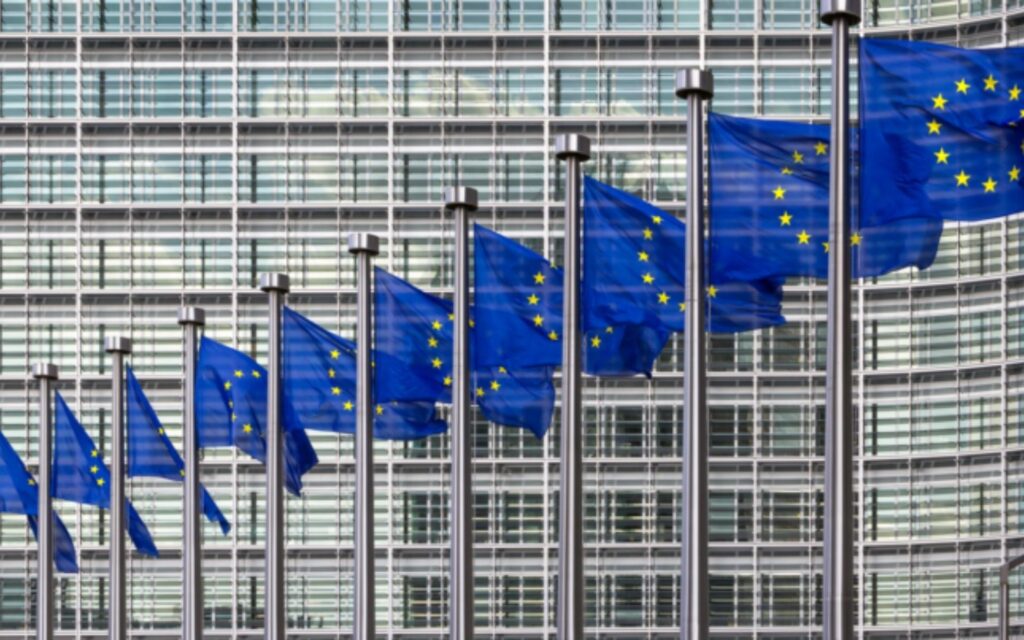Google, TikTok, & Others Agree To New EU Anti-Disinformation Code

As part of the Code Of Practice on Disinformation, tech giants will need to share more information with the European Commission.
Google, Meta and TikTok are believed to have agreed to revise the EU’s antidisinformation code. This will allow the companies to share more information with EU officials.
The Financial Times obtained confidential information about the updated code of conduct that many of the largest tech companies in the world have signed on to.

The “Code of Practice on Disinformation” is a voluntary agreement to adhere to self-regulatory standards for fighting disinformation. It was created in 2018 and included Meta, TikTok, and Twitter.
Although the code has been modified several times since its inception, this latest revision raises the bar for signatories regarding how much information they are required to divulge.
Below are details about the EU’s code of practice and what’s new in this series of changes.
EU Code Of Practice On Disinformation
The EU created a code for conduct to combat the spread of false information online. Many tech companies signed this code.
The European Commission requests that companies who sign the agreement share information about how they fight disinformation on their platforms.
They have committed to practices such as transparency in political ads, removing fake accounts, and demonetizing accounts that spread false data.
Every company must report on the measures they have taken to meet its obligations under the Code of Practice.
Since last year, an strengthened” version of the code has been developing. It looks like it will be revealed soon. This is what’s being added to it.
Soon
According to Financial Times, there are three significant changes in the code.
First, each company must provide country-by-country information on their efforts in fighting disinformation. They currently offer either global or Europe-wide information.
After initial resistance, companies now agree to more country-specific data requests from regulators. More detailed data should be shared to assist the Commission in targeting disinformation-spreading individuals within specific countries.
A second change is that companies disclose how they remove or limit harmful content in promoted and advertising content.
Third, companies that sign up for the code of practices must create tools and partnerships with fact-checkers.
The updated version of the terms is said to include 30 signatories, including the mentioned tech companies and civil societies groups. According to reports, the new version will be released on Thursday.
The code of practice doesn’t come with harsh penalties or fines because all parties have agreed to it. This could change in the future.
The European Commission wants to make the code more co-regulatory under the Digital Services Act. This will enable the codification of the code to be enforced through legislation.
Companies that violate the Code of Practice on Disinformation could be fined up to 6% of their global turnover if the Digital Services Act is used to enforce the Code of Practice on Disinformation.

